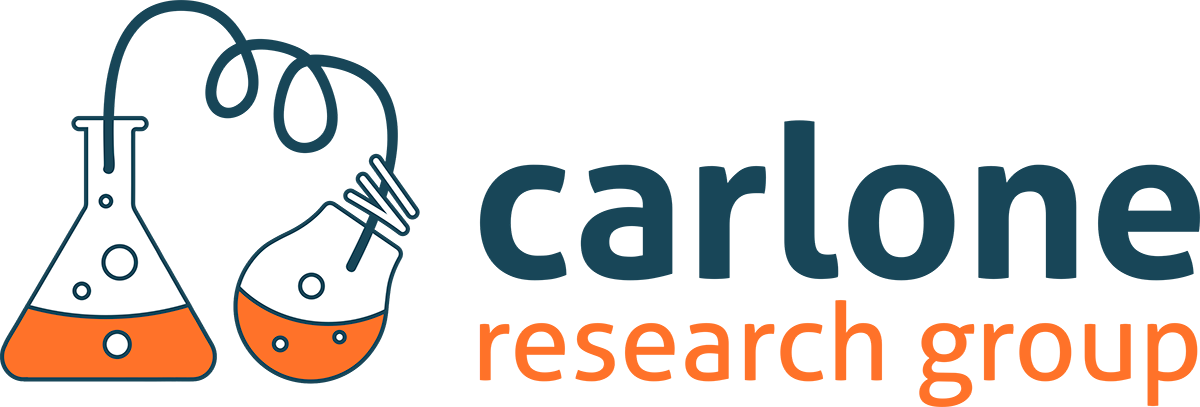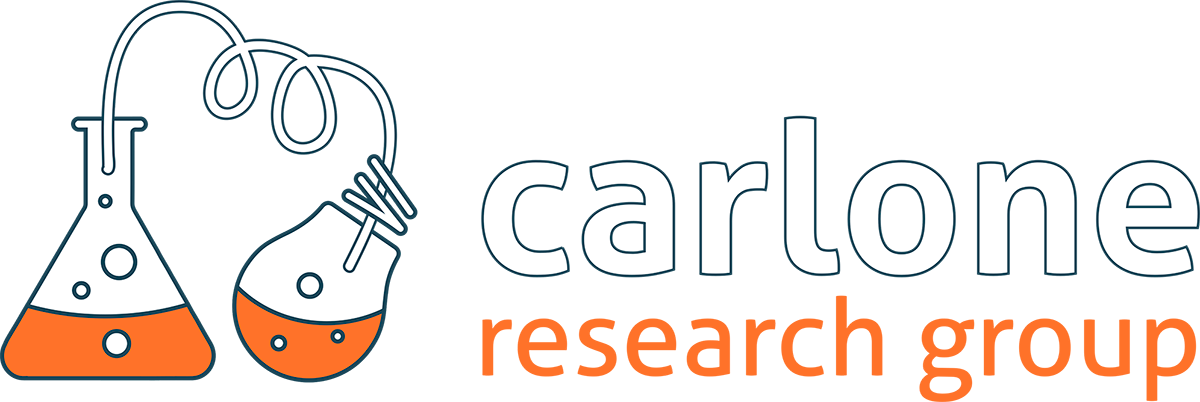This week’s episode of #ChiaraMente was dedicated to “chemiophoby”, the fear of chemistry, a common feeling which has grown widespread nowadays, and at the basis of which the struggle between “natural” and “artificial” lies. Is a substance synthesized in lab different from its natural homologue? And, most importantly, is the natural substance in principle better than the lab-made one? A two-minute journey through the story of Aspirin, the worldwide used anti-inflammatory drug, will try to explain why sometimes lab-made is better than natural. Even from the old ages, willow bark was known to contain a natural painkiller substance. But it was not until the mid-1800s, when someone found the way to synthesize it in the lab, that salicylic acid was available in large amounts suitable for the market. But chemistry didn’t give only a way to obtain this precious molecule without cutting any tree: thanks to some chemical modification on the molecule, “natural” salicylic acid became “artificial” acetylsalicylic acid, a substance which retained the positive effects of its precursor without the tremendous side effects on stomach that afflicted the users. So, what do you think – are those benefits enough to consider chemistry something not to be afraid of?
To listen to the podcast, please head to ChiaraMente on our Outreach page.

